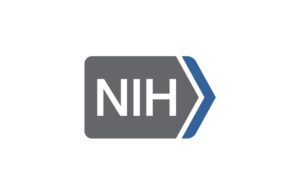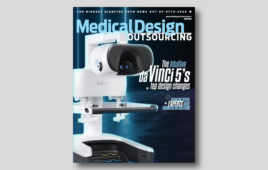 The National Institutes of Health yesterday announced the winners of its 8th annual “Design by Biomedical Undergraduate Teams” challenge, with an improved intubation tool taking the top prize.
The National Institutes of Health yesterday announced the winners of its 8th annual “Design by Biomedical Undergraduate Teams” challenge, with an improved intubation tool taking the top prize.
The NIH’s National Institute of Biomedical Imaging and Bioengineering received 52 applications from 32 universities in 18 states for this year’s DEBUT challenge, which offered a total of $65,000 in prizes. Some 250 students participated, with the NIBIB choosing four winning teams based on the significance of the problem being addressed, the impact on clinical care, the innovation of the design and the existence of a working prototype.
“The DEBUT awards recognize undergraduate student design teams working on challenging healthcare problems that impact millions of people around the world,” NIBIB director Bruce Tromberg said in a press release. “We are proud to team up with VentureWell and BMES to celebrate these exceptionally talented students and their mentors. It’s inspiring to learn about each team’s commitment to making a difference in the lives of patients.”
VentureWell, a non-profit higher-education network and a judge in the challenge, also selected two more winning teams based on market potential and patentability. NIBIB also awarded an additional prize for a project that focused on HIV/AIDS using funds from the NIH Office of AIDS Research
The top prize of $20,000 was awarded to a Columbia University team that developed the In Touch intubation guidance system. The team developed a tool that can make intubation easier by providing feedback to clinicians when they are incorrectly pushing the tube into the trachea or esophagus. Limited testing of the device has shown that the guidance system significantly decreases the amount of time it takes for a novice to intubate.
A Georgia Institute of Technology team received second place and $15,000 for a rapid screening test called C. Differently that screens for CDI. Current CDI tests take over an hour to complete and require trained lab technicians. C. Differently can rule out a diagnosis of CDI within give minutes, saving hospitals time and money in unnecessary testing costs.
NIBIB’s third-place prize of $10,000 was awarded to a Carnegie Mellon University team that developed a device that helps patients with tracheostomies. The device is an attachment that combines a filter that captures humidity to reduce mucus and a plug that blocks exhalation to allow patients to speak. The device is also designed to allow a patient to switch back and forth easily between the two functions.
VentureWell awarded the Venture Prize of $15,000 to The Cath Path, which is a device that allows women to self-catheterize. The organizations Design Excellence Prize of $5,000 went to a team from Virginia Polytechnic Institute that developed an arm exoskeleton called Axexo. The Axexo is designed to be compact enough to fit under a shirt while also being strong enough to support a user’s arm while feeling weightless.
“This year’s winners have developed compelling solutions addressing a broad range of urgent needs,” president of VentureWell Phil Weilerstein said. “The DEBUT submissions demonstrated the application of effective design principles and great ingenuity in applying emerging scientific and technological breakthroughs to create innovative solutions that are designed to improve patient safety and meet regulatory requirements.”




